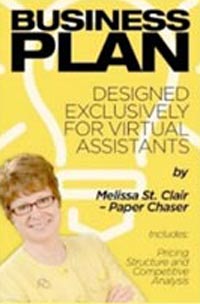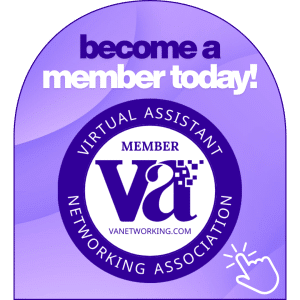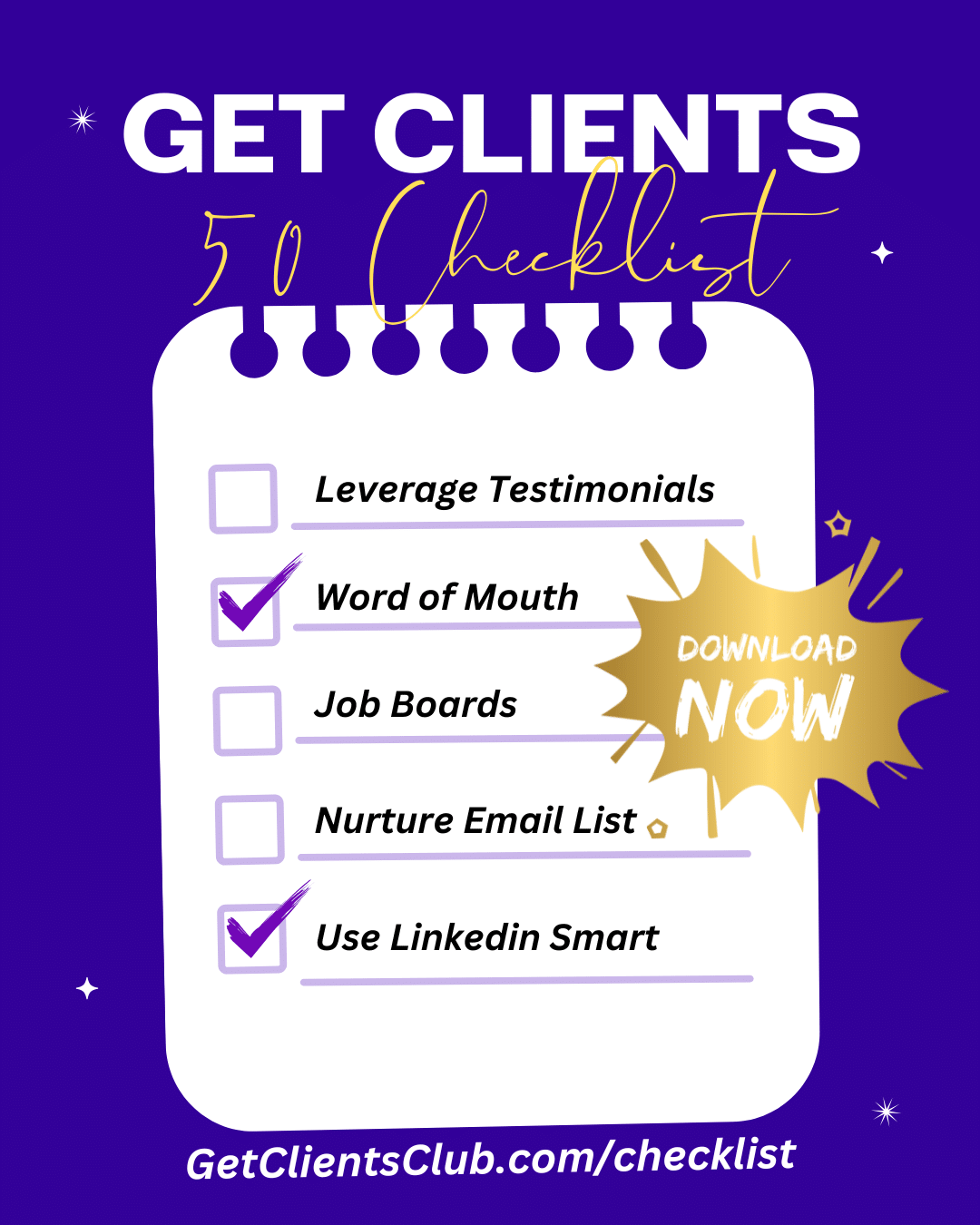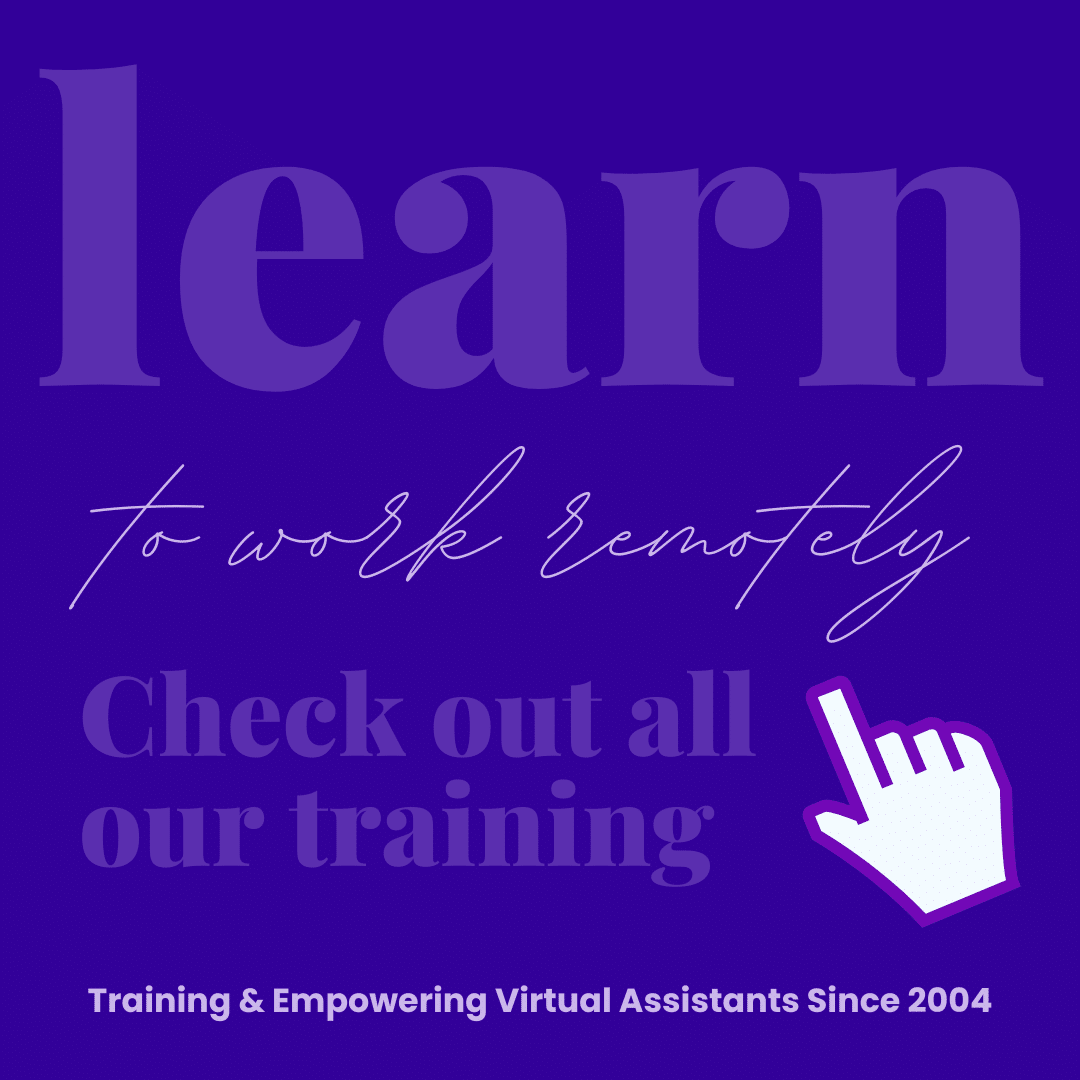You wouldn’t start out on a vacation or an important trip without first mapping out your course.
Just as builders and construction projects require an architectural plan, the same careful preparation is paramount to laying out a foundation to build a small business.
Before beginning, plan carefully. -Marcus T. Cicero
 Preparing yourself as an entrepreneur. While becoming your own boss sounds liberating, you have to conclude whether owning your own business will work with your lifestyle and fit your family’s needs. What skills do you possess? What tasks do you like to perform? Where do you excel? Do you have the discipline to work independently? Do you have the ability to work on a team or multiple teams to support your client(s)? Is there a willingness and/or budget to take additional courses to improve your skills and to finance your small business start-up related expenses?
Preparing yourself as an entrepreneur. While becoming your own boss sounds liberating, you have to conclude whether owning your own business will work with your lifestyle and fit your family’s needs. What skills do you possess? What tasks do you like to perform? Where do you excel? Do you have the discipline to work independently? Do you have the ability to work on a team or multiple teams to support your client(s)? Is there a willingness and/or budget to take additional courses to improve your skills and to finance your small business start-up related expenses?
As with any work-from-home career, you may not set yourself up for success if you find you are easily distracted or don’t have the proper equipment or work environment to perform your tasks.
80% of small businesses will fail without a business plan. Don’t let your VA business be a statistic!
As an independent business owner, a Virtual Assistant (VA) most often begins operations as a solo entrepreneur or solopreneur. A VA will utilize the same tools to establish your VA business as any other business owner setting up a for-profit business. There are many resources online, professional organizations in the industry, and savvy business owners, who are presently in operation or may be a retired business owner, who will offer seminars, courses and tools. Start with a basic business plan template and build on it. If your business is in the start-up phase, it’s okay to use approximations and projections. Your business plan is a working document.
Basic Business Start-Up Checklist:
- Assess your skills to determine your service array.
- Write a business plan.
- Get business assistance and training.
- Determine your legal structure, tax requirements, and licenses.
- Foundation and functions in place? Launch!
- Maintain daily business operations.
- Continue business analysis and marketing.
- Routinely update business plan.
“The best time to plant a tree was 20 years ago. The second best time is now.” -Chinese Proverb
Perhaps you hit the ground running with your business, had a ready-made client and started your Virtual Assistant (VA) business without a written plan? It’s never too late to lay out an outline, jot down goals and actions to keep your business moving forward. There are so many things on the mind of a business owner – internal and external pressures. Stop trying to commit everything to memory, remove some stress off by writing down operational basics to hone and refine as you go.
Good plans shape good decisions.
That’s why good planning helps to make elusive dreams come true. – Geoffrey Fisher
Guest Post by Military spouse entrepreneur, Melissa St. Clair, Owner of Paper Chaser, helps busy small business owners build their business by handling a variety of administrative office priorities remotely freeing up time to focus on revenue-generating activities without disruption. As part of her mission, she promotes portable careers through tools and talks. Melissa has created VA Business Plan template ebook and Filling in the Blanks of Your Business Plan workbook exclusively for Virtual Assistant (VA) business planning.
Melissa St. Clair will be speaking at our Virtual Assistant Online Conference November 16-20th. Got Your Ticket Yet?






